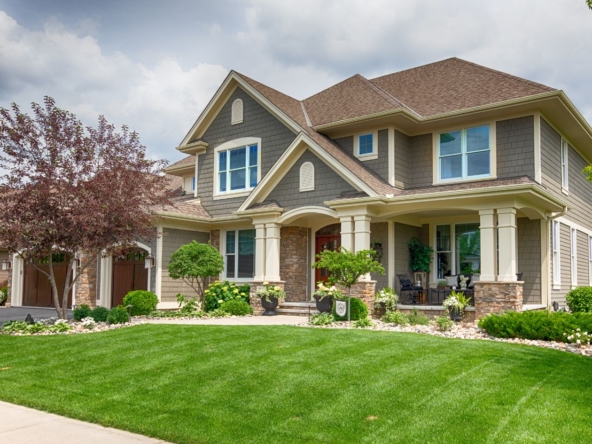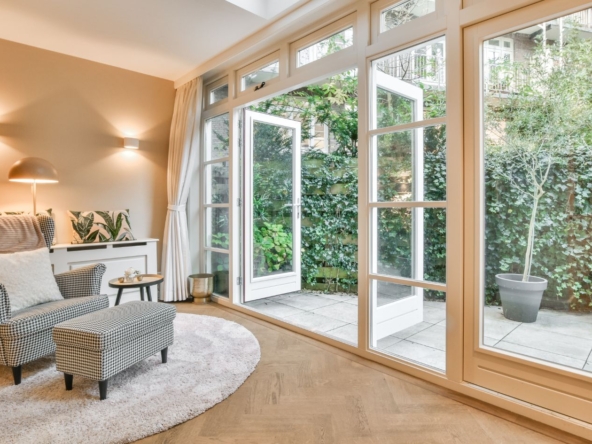When it comes to purchasing a new home versus an existing one, each option offers distinct advantages. Understanding these can help you make a more informed decision that aligns with your preferences and budgetary needs. Here are 10 crucial points to consider if you’re leaning towards buying a new home.
1. Engage with Your Real Estate Agent Early
Before you start touring model homes, discuss your financial situation and homebuying goals with your agent. If you’re selling a current home, accurately calculate your net proceeds to determine your budget for the new purchase. For first-time buyers, assess your income, down payment capacity, and monthly debt obligations to establish a comfortable price range.
2. Understand the Role of Agents
Remember, the sales agent at the model home represents the builder, not you. Consider working with a buyer’s agent who will advocate for your interests, helping you navigate home construction, warranties, financing, and ensuring you receive the best value for your money.
3. Choose the Right Builder
Builders vary significantly in their expertise and specialties. Whether you value craftsmanship, innovative design, or special financing options, take time to find a builder who aligns with your specific needs.
4. Research the Builder’s Reputation
Investigate the builder’s reputation and financial stability before making a decision. Request spec sheets that detail home features, floor plans, energy efficiency, and lot availability to ensure they meet your standards.
5. Evaluate the Neighborhood
Learn about the community where the new home is located. Check for planned or existing amenities, inquire about future local developments, and understand any homeowner association rules that might affect your living experience.
6. Options and Upgrades
When considering the base price of the house, think about which options and upgrades you might want. These should enhance your home’s value without exceeding the typical market price for the area. Consider postponing add-ons like decks or finished basements to potentially save money.
7. Negotiate Everything
There may be room to negotiate on price, upgrades, and even lot selections. Don’t hesitate to discuss these possibilities with the builder, especially if homes are available for immediate move-in.
8. Ensure the Contract is in Your Favor
Safeguard your interests by detailing everything in the purchase agreement. This includes placing your deposit in escrow, specifying upgrades, allowing construction site access, and getting clear timelines for closing.
9. Explore Financing Options
Builders may offer attractive financing packages, but shopping around could reveal more advantageous terms from other lenders. Compare rates, fees, and the total cost of various lending options.
10. Inspect Even New Homes
No home is flawless, not even a new one. Hire a licensed home inspector to identify any issues, and use this information to compile a punch list for the builder to address before closing.
Bonus Tip: Immediate Delivery Homes
Some builders have homes ready for quick move-in, which might come with perks like financing incentives or free upgrades. These homes can be ideal if you need to relocate swiftly or prefer to see the exact space before committing.
By keeping these tips in mind, you’ll be better equipped to navigate the complexities of buying a new home, ensuring you make a well-informed decision that fits your needs and budget.







